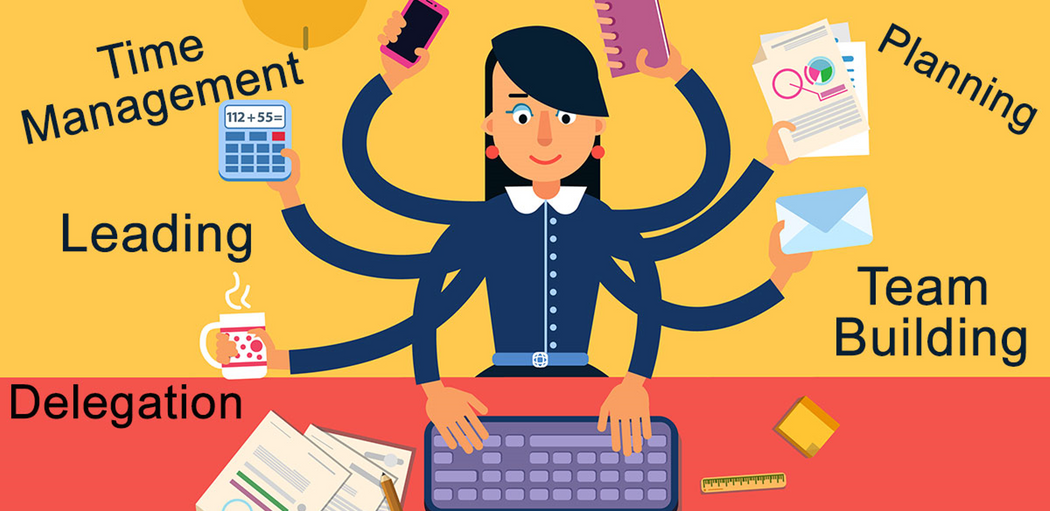If you are looking to up the skills of your workforce then these Training Programmes can do just that. Collaborating with people can be challenging, especially when you want to carry out a good job.
Training is ideal for all sized companies. Maybe you don't have an in-house training team! Or you have a new starter, who needs to learn certain soft skills. Or you have a team that needs a refresher.
The training supplies up to date information learning new skills, revisiting old skills, building confidence, and developing competence in using learnt skills. You can send your team with quiet confidence, knowing they will return to you equipped to fulfil their role and go the extra mile.
Follow the link below for course outline

Do you find yourself saying yes when you would like to say no? Do you always avoid conflict situations? Have friends described you as a pushover? Would you like to state your points of view without hurting people or making unacceptable compromises?
If you need help with the situations above, then this is the course for you:
This assertiveness and confidence building course will provide course participants with the underpinning knowledge and skills to be more assertive and confident, both in their personal and professional lives. You will learn how to be assertive as opposed to aggressive; you will learn to deal with difficult situations in an assertive way and gain the confidence/skills to say no!
What the course will cover:
What is assertiveness?

In an idea world everyone would be friendly and reasonable. In reality we often come across difficult people and behaviour. Avoiding the issue and hoping it will go away doesn’t work. Do you come across angry/difficult people and want to know the best way to deal with them? Is it important for your work to be able to communicate with a variety of different people? So how can you best deal with these situations without becoming stressed and angry? This course will provide you with the tools with which you can deal with difficult or aggressive behaviour.
Aim
To enable participants to deal with difficult situations in a professional and assertive manner and to treat difficult people with a positive attitude
We will learn how to
Identify difficult situations at work
Work with conflicting goals and reach a negotiation
Be aware of different beliefs and attitudes
Analyse and understand different behavioural types
Discern the causes of conflict, looking at our needs, desires, beliefs and attitudes
Recognise the reasons for friction with others
Analyse what happens to us when we see a threat
Recognise non-verbal communication and how to remain safe
Develop effective forms of communication including: active listening, building empathy and questioning, so as to defuse conflict situations
Use Transactional Analysis to bring out the best in people
To look at effective forms of communication and active listening, building empathy and rapport
Keep calm – managing your own emotions
To look at improving our Emotional Intelligence

Resilience is that ineffable quality that allows some people to be knocked down by life and come back stronger than ever. Rather than letting failure overcome them and drain their resolve, they find a way to rise from the ashes. Psychologists have identified some of the factors that make someone resilient, among them a positive attitude, optimism, the ability to regulate emotions, and the ability to see failure as a form of helpful feedback. Even after misfortune, resilient people are blessed with such an outlook that they are able to change course and soldier on. Source: Psychology Today
Whilst some have a predisposition towards positivity and the ability to bounce back, it can be a skill you learn. Understanding yourself and challenging your thinking will help you develop resilience. This workshop will give you the tools you need, the rest is up to you.
By the end of the workshop you will be able to:

We all need excellent communication skills to become more efficient. We need to be able to communicate, build relationships and work with individuals at all level. Their behaviour and interpersonal skills can affect others both positively and negatively; consequently, this is an important element of working with others.
This Communication Skills training enables delegates to enhance their personal and team productivity by improving their working relationships. The programme will give delegates a greater awareness of the affect their behaviour has on others and increase their options when dealing with difficult staff, conflict or work-related problems.
This course will cover how to:

Feeling Stressed? At the end of your tether?
Is anxiety keeping you awake at night? Are you finding that you are losing concentration? Are you more emotional than usual? Then this course will give you the tools to become resilient to stressful situations and manage your emotions and pressures better.
During financial lean times or during change, we sometimes feel that we are struggling to cope emotionally. Why not equip yourself with these important life skills?
You will learn how to:
Recognize the signs and symptoms of stress (in yourself and others)
Gain an understanding of the effects of both short term and long term stress on your health
Address destructive thinking and make your thought life work for you!
Analyse your own personal stressors
Practice some quick stress reduction techniques
Establish healthy coping strategies & preventative methods
Set clear boundaries around you to strengthen control over your life
Improve your time management and organisation skills including watching out for the time stealers
Clear guidelines and tips on what to do when you are feeling stressed

This course will provide course participants with the necessary skills to deliver a confident presentation. This is a very practical hands-on course.
You will learn how to:
This highly interactive course aims to equip you with the skills necessary to present an excellent image of the organisation and your department.
As a result of the seminar, participants will be able to:
Improve your service internally as well as externally
Understand what customers need and how your actions impact their perceptions
Build good customer relations, with improved communication skills such as listening, asking questions, understanding body language and good rapport
What today’s customer expects?
First impressions creating a professional image
The raised expectations of customers through the ages
How to make good customer service excellent
Going the extra mile, understanding the difference your performance can make to a good customer experience
Turning the complainers into loyal customers
Building rapport with excellent communication skills
Understanding the subtleties of body language
The importance of good listening face to face and over the phone
Asking the right questions
Pacing your customer for better rapport
Using Transactional Analysis to improve your communication style
Improving the self esteem of yourself and your customer
Taking that call
Understand the importance of good telephone manners
The difficulties of telephone communication and how to overcome them
Action plan
Putting your learning into practice!

Overview
Do you find there’s not enough time in the day?
This one day workshop session is designed to give you the tools and techniques to manage your time more effectively.
Who is it for?
Ideal if you:
What is it about?
This interactive workshop will cover
What will I get out of it?

Are you required to train others as part of your role? Would you like to learn how to make this engaging? Do you want to ensure that your learners are able to retain and transfer what they learn back into the workplace?
This practical Train the Trainer course will equip you with a number of skills to enable you to train others in an interesting and memorable way.
The aim of this course is to provide the learner with the core skills and understanding on what makes a successful trainer. We will cover areas such as: learning styles, the learning process and using the right media to communicate your message.
The second day of the course allows the learner to create their own training courses and looks at content, timings, transfer strategies and how to present effectively.
You will learn how to:
Copyright © All Rights Reserved